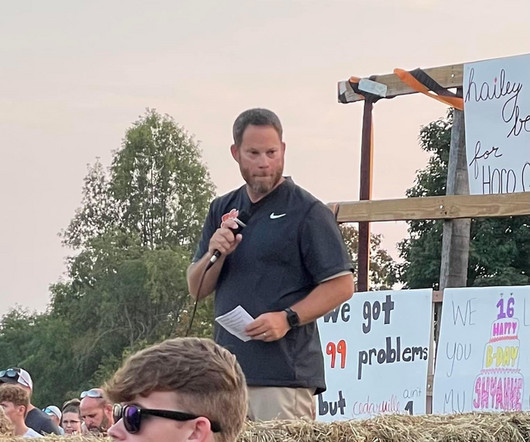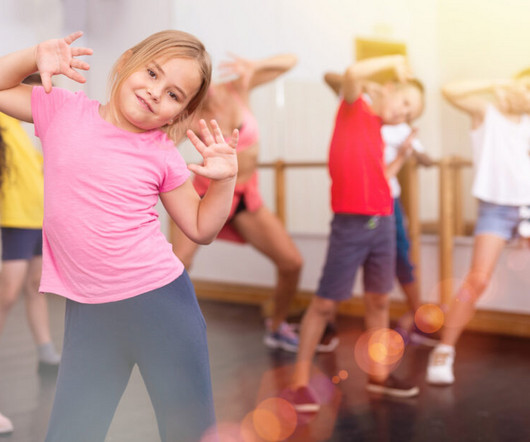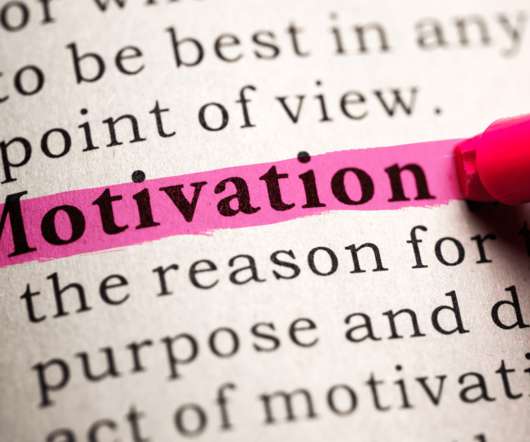Power-Up Rhythm and Timing in Physical Education Activities
Gopher Sport
OCTOBER 26, 2023
Lynne Kenney with Zainab Khokha Physical Education class is an optimal setting for students to develop and practice the precursor skills that precede learning. These skills include core strength, balance, weight shift, motor rhythm, motor timing, visual-spatial, and object-perceptual skills.












Let's personalize your content